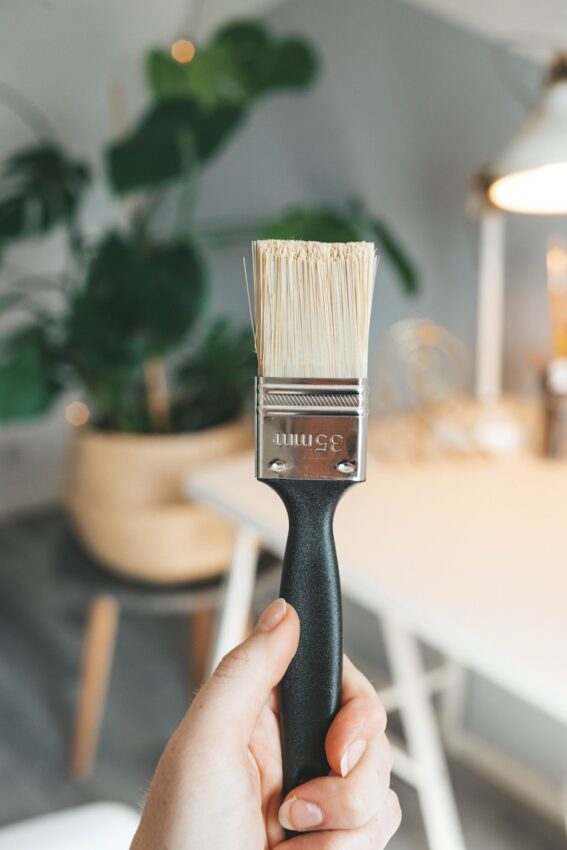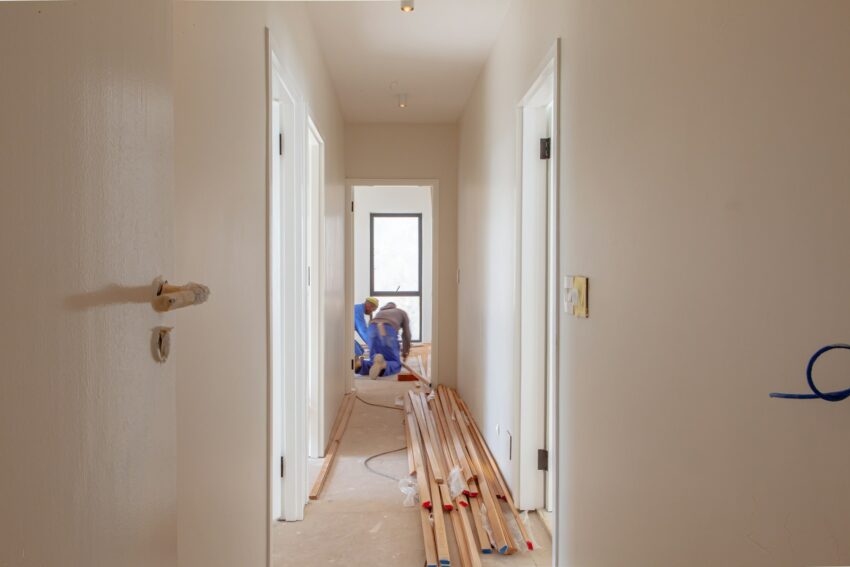For most homeowners preparing to sell, the advice seems straightforward: fix up the property, update what you can, and present the home in its best possible light. While this works in many situations, it isn’t always the smartest move. Renovations take time, money, and energy, and they don’t guarantee that the investment will pay off in the end. Sometimes, the wisest financial decision is to sell a home exactly as it is, without pouring resources into improvements that may not make sense for your circumstances.

Understanding when not to renovate before selling requires looking at both your personal situation and the realities of the market. Not every buyer is searching for a move-in-ready home; in fact, many are specifically looking for properties they can update to their own taste. By skipping renovations, you may save yourself stress while still securing a strong outcome.
When Time Is More Valuable Than Renovations
Renovations rarely happen quickly. Even modest updates like painting, replacing flooring, or upgrading fixtures can take weeks. Larger projects, such as kitchen remodels or bathroom overhauls, can stretch into months and often involve unexpected delays. If you’re in a position where you need to sell quickly whether because of a job relocation, financial pressures, or personal circumstances waiting for renovations may not be practical.
In these cases, time itself has value. Getting the home on the market quickly can help you avoid ongoing mortgage payments, property taxes, and utility bills that add up while you wait for renovations to be completed. Instead of gambling on whether upgrades will raise your eventual sale price, you may come out ahead by selling sooner and moving forward.

When the Cost Outweighs the Potential Gain
Renovations can be expensive, and not every project delivers a return on investment. While some updates, like fresh paint or modern fixtures, typically pay off, others like full kitchen remodels, luxury bathroom upgrades, or additions may not recoup their cost at sale. If you don’t have the budget to fund renovations or if you’d have to take on debt to complete them, the financial risk may not be worth the potential reward.
Buyers who want move-in-ready homes will often pay more, but there’s also a large market for buyers who are willing to take on projects themselves. These buyers often prefer a lower sale price that reflects the home’s current condition rather than paying extra for renovations they might change anyway.
When the Market Is in Your Favor
In strong seller’s markets, where demand outweighs supply, homes often sell quickly regardless of condition. Buyers may be more willing to overlook outdated features or needed repairs simply because they have fewer options to choose from. In these situations, sellers may not need to spend time or money on renovations to secure offers.
This is especially true in fast-moving markets where competitive bidding drives up prices. A home that might seem less appealing in a slower market could still attract multiple offers if inventory is low. In this scenario, selling “as-is” can save you unnecessary expenses while still delivering a solid profit.

When Buyers Want Customization
Modern buyers are often drawn to the idea of personalizing a home to fit their preferences. Renovations you complete may not align with their vision, meaning that even costly upgrades could go unappreciated. For example, you might install new countertops or appliances, only for buyers to rip them out and replace them with something that fits their taste.
Leaving the home in its current condition gives buyers freedom to design the property as they wish. This can actually become a selling point especially for buyers who want to put their own stamp on a home or for investors who plan to renovate anyway.
The Emotional and Practical Cost of Renovating
Beyond money and time, renovations can be stressful. Living in a construction zone, coordinating contractors, and managing unexpected issues can weigh heavily on homeowners. For those already dealing with major life transitions, such as downsizing, relocating, or managing an inherited property, adding the stress of renovations may not be worth it.
Sometimes, peace of mind is the most valuable factor. Selling the home in its current condition allows you to move on more quickly and with less disruption.
Balancing Reality With Selling Options
Deciding whether to renovate before selling doesn’t have to be all or nothing. Some homeowners choose to make small, inexpensive updates like fresh paint or minor repairs while skipping larger projects. Others prefer to leave the home completely untouched and market it “as-is.”
What’s important is aligning your decision with your goals. If maximizing every last dollar isn’t as important as saving time and stress, selling without renovations may be the better choice. And for many homeowners, working with trusted professionals such as Auburn cash home buyers provides the most efficient path forward. These buyers specialize in purchasing homes quickly and directly, without requiring repairs or updates. By skipping the renovation process altogether, you gain certainty and speed two factors that can outweigh potential gains from waiting.
When Selling As-Is Becomes the Best Option
There are clear scenarios where selling as-is simply makes sense. Inherited homes, for example, often come with years of wear and tear. Rather than sinking thousands into renovations, heirs may prefer to sell quickly and divide proceeds. Similarly, homeowners facing foreclosure or financial strain benefit more from a fast sale than from gambling on uncertain upgrades.
Even in less urgent situations, skipping renovations can be smart. If you’re already planning to move into a new home or want to avoid the unpredictability of remodeling, selling without renovations allows you to close one chapter and open another without delay.
Final Thoughts
Renovations can certainly add value, but they are not always the right choice. For many sellers, the time, cost, and stress involved simply outweigh the potential return. Whether because of personal circumstances, market conditions, or buyer psychology, there are times when selling a home in its current state is the most profitable and practical option.
The key is to recognize when fixing up isn’t worth it and to lean into selling strategies that work with your situation instead of against it. By doing so, you can save time, avoid unnecessary expenses, and still achieve a successful outcome.
Sometimes, the smartest move isn’t about making a home perfect it’s about letting it go as it is and moving forward with confidence.
